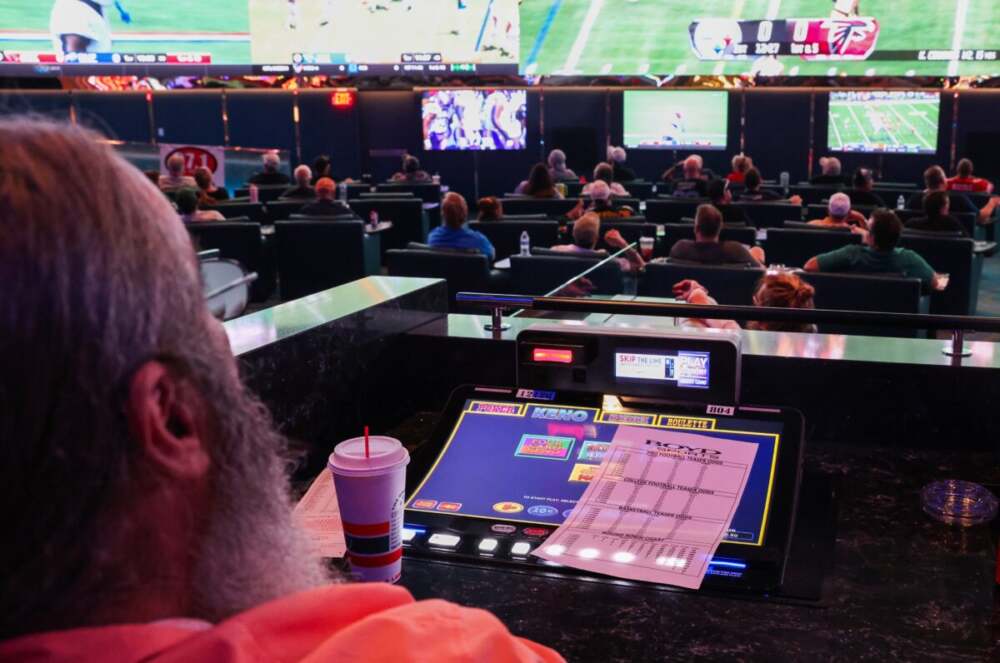Massachusetts Attorney General Andrea Joy Campbell has filed suit against the prediction market platform Kalshi, accusing it of operating an unlicensed sports gambling business in the state. The lawsuit, brought in Suffolk County Superior Court, alleges that Kalshi’s “event contracts” are essentially sports bets and that the company is flouting state gambling laws by offering them without the proper licensing or consumer protections.
What the Authorities Say
- Massachusetts claims that Kalshi’s sports event contracts—such as moneyline bets, point spreads, and over/under bets—mirror traditional forms of sports wagering and should be regulated accordingly.
- The Attorney General’s Office argues that Kalshi fails to follow important regulations required of licensed sports wagering operators, including minimum age requirements (Massachusetts law sets 21 as the minimum age for online sports betting, whereas Kalshi allows people 18+).
- The lawsuit also points to concerns over safeguards: Kalshi allegedly offers insufficient protections for users, lacking proper self-limiting tools (for example limits on deposit amounts or wager sizes) and failing to provide clear information about the risks involved.
- Beyond consumer protections, Massachusetts argues that Kalshi has avoided paying state licensing fees, and is not adhering to the oversight that gambling laws demand.
Kalshi’s Defense
- Kalshi maintains that its platform is not an illegal sportsbook and argues that its contracts are regulated under federal authorities—including oversight by the Commodity Futures Trading Commission (CFTC).
- The company contends that what Massachusetts sees as “sports wagering” are really prediction contracts, which are different in structure and legal treatment from traditional betting.
- Kalshi has also said that Massachusetts is relying on old laws that may not have anticipated or accommodated these kinds of modern financial-prediction products. The company claims its model is transparent and that it is prepared to defend its approach in court.
The Broader Legal Picture
- Massachusetts is not alone. Several other U.S. states have raised concerns over Kalshi’s operations. Some have sent cease-and-desist letters, others have initiated investigations or lawsuits.
- A number of states argue that prediction markets of this type blur the line between gambling and financial markets, bringing up issues of legal jurisdiction (state vs federal), regulatory oversight, tax collection, and protections for users.
- Previous rulings have already shaped the landscape: in earlier decisions, Kalshi had secured comparatively favorable rulings in some jurisdictions, particularly for political event contracts. But the extension into sports betting contracts places it in a more contentious legal zone.
What’s At Stake
- If Massachusetts succeeds, Kalshi could be barred from offering these sports event contracts in the state or forced to acquire a gambling license under state law, along with penalties and perhaps restrictions.
- The case could set a precedent for how U.S. states treat prediction markets that deal in sports outcomes—whether they’ll be regulated like gambling, or governed under financial/mutual-exchange laws.
- There are also public health considerations cited: risk of addiction, financial harm, especially for younger or vulnerable users, and concerns about whether platforms are doing enough to warn users or limit potential losses.
Conclusion
This lawsuit highlights a growing clash between cutting-edge fintech/prediction-market innovation and existing gambling laws. As the legal arguments play out, the outcome in Massachusetts could influence how prediction markets operate across the U.S. in the future—determining what protections are required, who has regulatory authority, and how innovative platforms can expand without running afoul of state laws.
















Leave a Reply